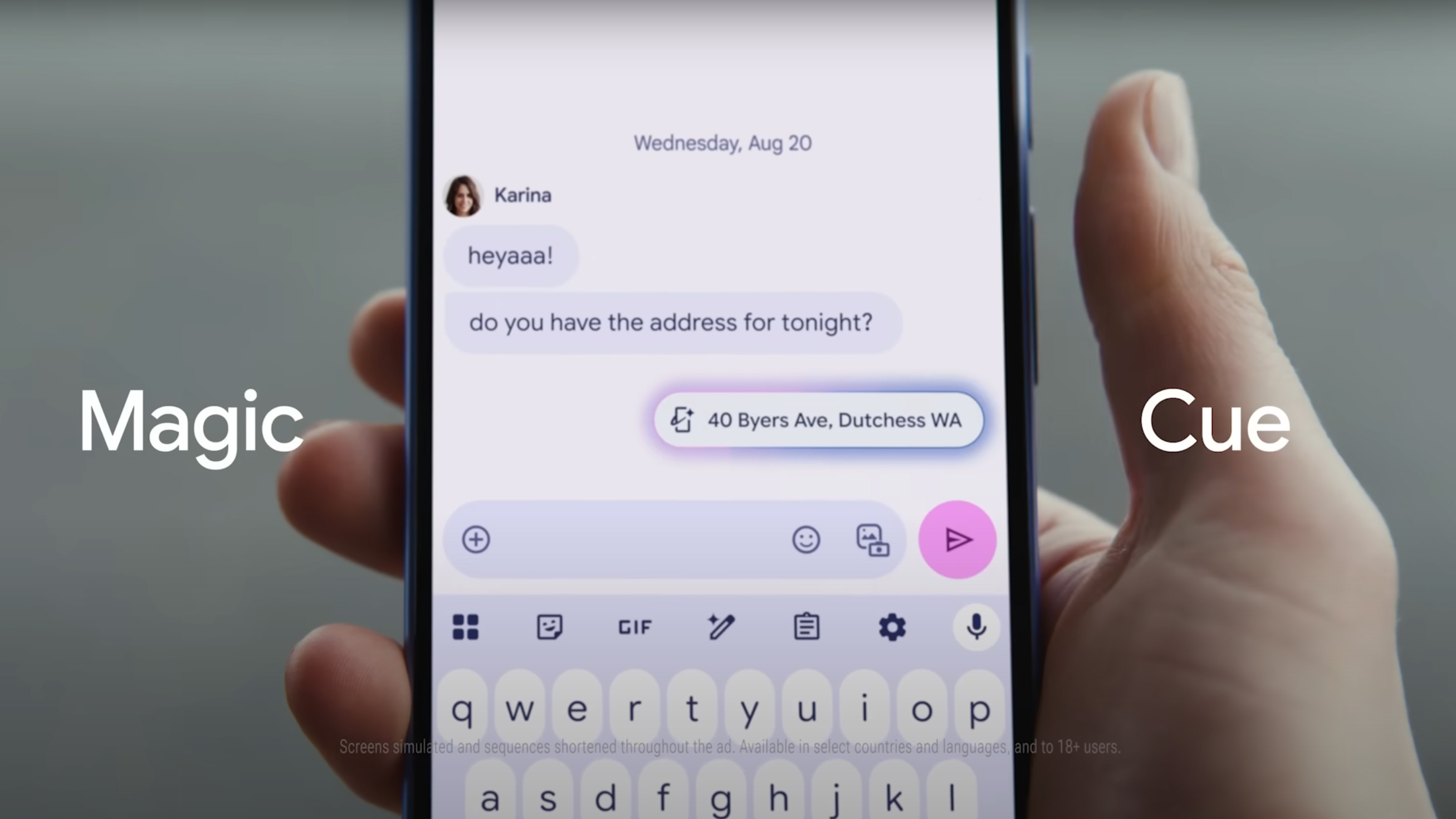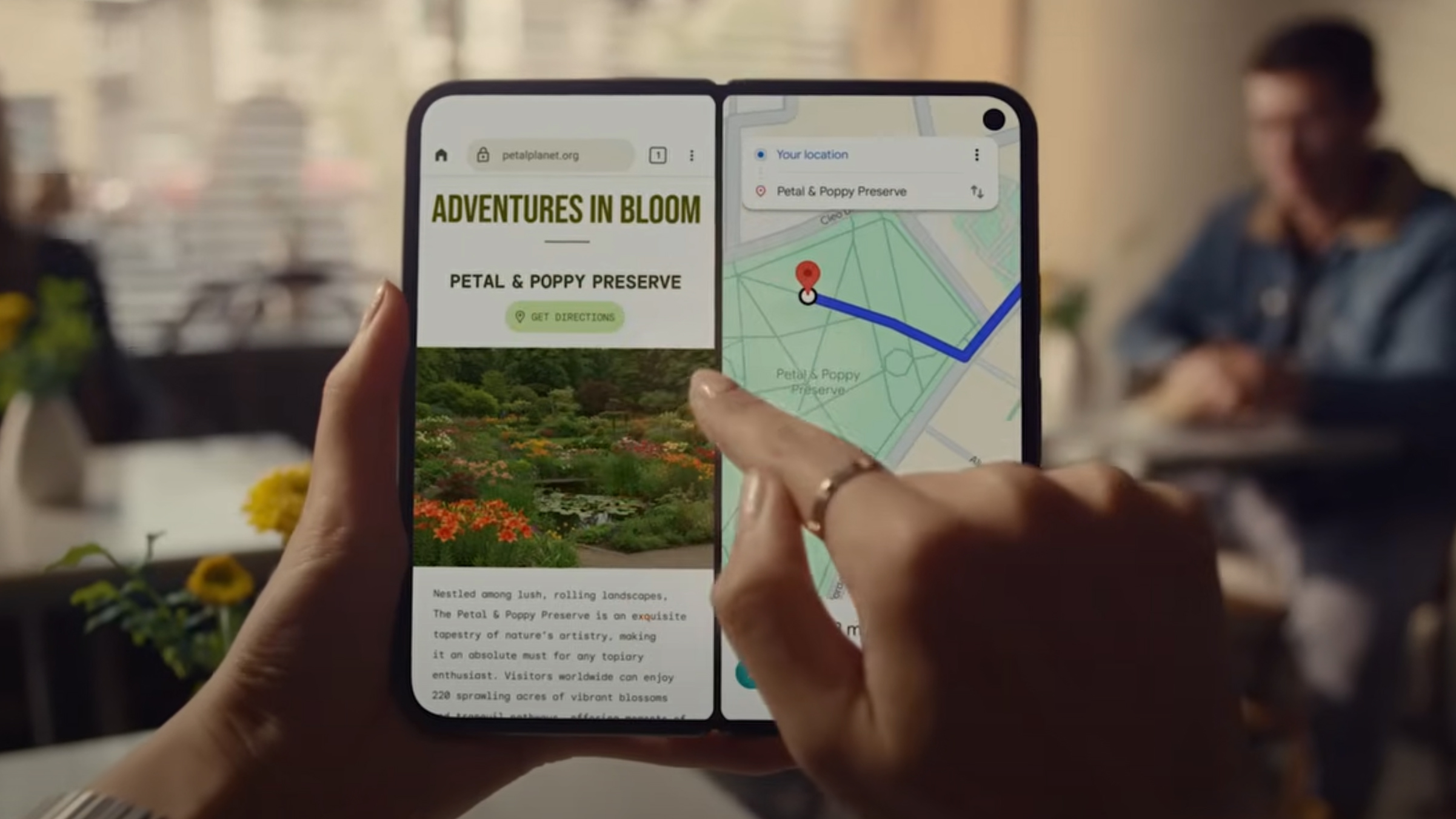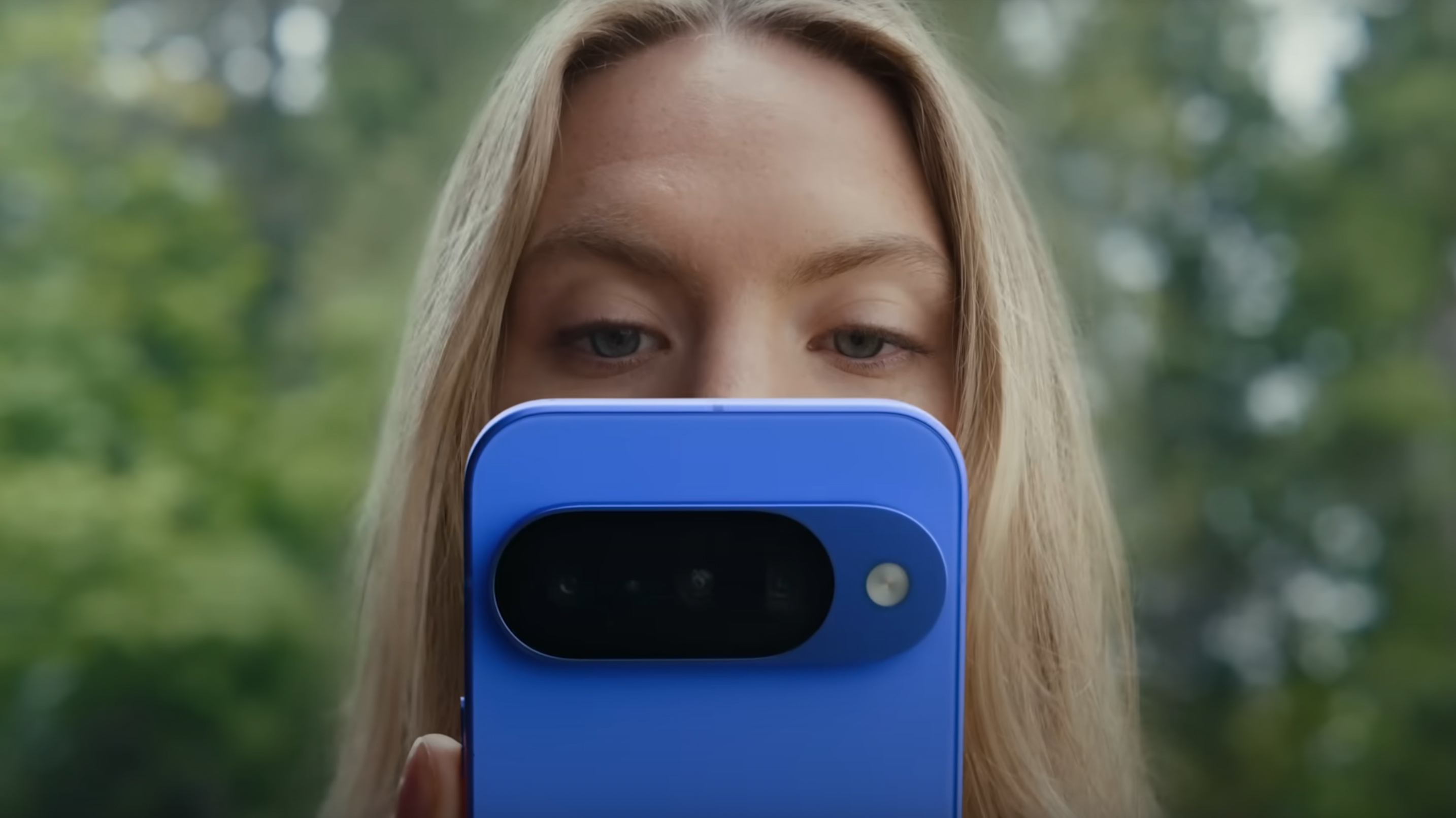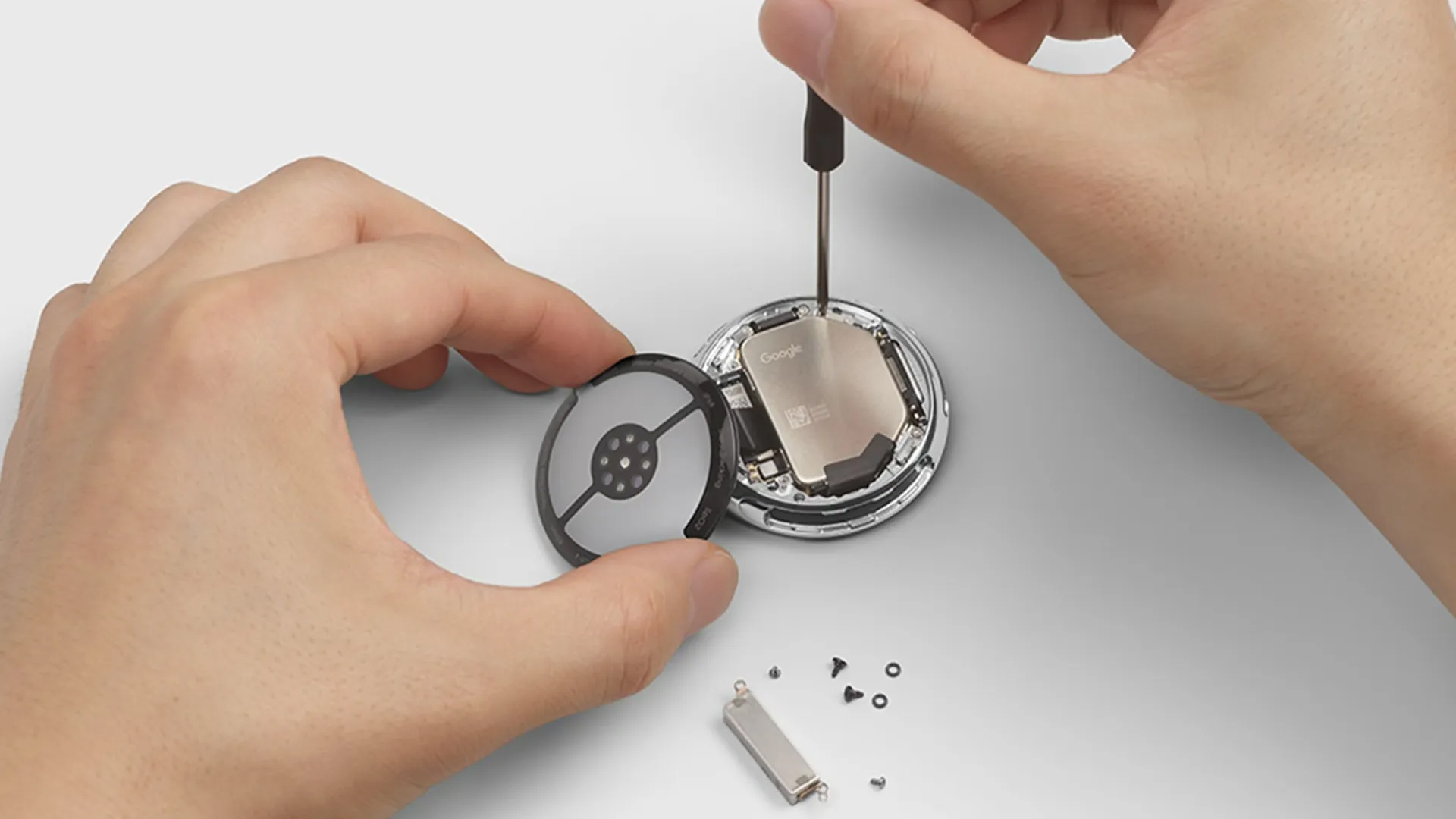I’ve been a happy iPhone owner since the 3GS way back in 2009, and yes, I have upgraded since then. Not once in those 16 years have I been genuinely tempted to switch to Android or a Pixel phone. But watching the Google Pixel 10 launch this week was the first time in a while that I’ve started to at least entertain a non-Apple future.
Google’s new Pixels are far from perfect, and I’m still a long way from switching. But it was the overall tone of the event (from a tech perspective, rather than the celebrity cringe-fest) that left me sensing a momentum shift in smartphones. Pixels will continue to be niche compared to iPhones, but Google knows that AI is its era – and the Pixel 10 launch showed that its bullishness is well-founded.
The Pixels are the most iPhone-like phones on Android – rather than flashy specs and benchmark battles, they’re all about features. And it’s those features, plus Google’s surprise push into repairability and fun accessories, that caught my eye as a long-time Apple fan.
You may like
Here are the five things that I think Apple needs to respond to at its iPhone 17 launch in September.
1. Genuinely useful AI features
The big asterisk here is we don’t know exactly how well Google’s new AI features, like Magic Cue, are going to work in practice. And I’ve also lost count of the number of times Google has promised us seamless AI wizardry, only for it to fall apart on contact with the real world.
But my impression from the Pixel 10 launch is that Google has some great ideas and, most importantly, is in the best position to pull them off. Take Magic Cue, for example – it’s billed as the AI smartphone assistant we’ve all wanted for the past few years, popping up with relevant files or calendar entries when we’re messaging or phoning friends.

Even as an iPhone user, I’m still very much in Google’s world as a user of Calendar, Maps, and Gmail. I even use the Gmail app instead of Apple Mail on my iPhone. So the idea of an AI assistant that can make connections between all those services is an appealing one – and I don’t really see Apple Intelligence doing that better than Gemini anytime soon.
Obviously, there are privacy concerns, and it’ll likely be a slow-burn feature initially, but a lot of Google’s AI features, like voice translation, work well on-device. It’s long felt like Apple is playing catch-up in the AI spaces that appeal to me most, which aren’t Genmojis and Image Playground. And the Pixel 10 launch really rammed that home.
2. Foldable first steps
Google knows it isn’t a leader in foldables, but I like the fact that it’s willing to at least throw its hat into the ring and iterate. As our hands-on Google Pixel 10 Fold review concludes, it isn’t a reinvention and remains a few steps behind the Samsung Galaxy Z Fold 7 due to its inferior weight, thickness, and cameras.
But the foldable’s existence makes the Pixel 10 lineup feel more exciting. If I were on Team Pixel rather than Apple, I’d be comforted in knowing that while Google isn’t a foldables champion, it’s at least refining its craft and getting the real-world feedback it needs to make a great Pixel Fold one day. Maybe.

After so many years with Apple, I know that isn’t how it rolls with new technology. It waits for others to publicly iron out the kinks before leapfrogging everyone with the polished version they’ve been stumbling towards. In theory, at least.
Am I confident it’ll do this with foldables? Not particularly, if the Apple Vision Pro and Apple Intelligence are anything to go by. The iPhone Fold is rumored to be solving a lot of foldable issues (screen creases, weak hinges, and more), but by the time it launches, I might be more excited about screen-less AI gadgets that’ll make foldables look like a Psion Organizer.
3. AI health coach
Health and fitness is the area where I’m most excited about AI’s personalized potential. While I’ve long been a fan of open-water swimming and triathlons, I’ve never been a true data nerd with BPM and VO2 max – so that’s why Google’s new AI health coach really appeals.
Unfortunately, we didn’t hear much in the way of specifics, but the concept is exciting – a personal AI health coach, trained on your exercise, sleep, and nutrition data, that can make little tweaks to your plans based on your metrics and how you’re feeling.

I’ve always struggled with the tension between training plans and real life, with injuries, poor sleep, and other events often clothes-lining my good intentions, and leading to prolonged breaks. In theory, the new AI health coach for the redesigned Fitbit app could solve this – for example, letting me conversationally chat with the assistant about exercises for my stiff back or the best alternative workout for my sleep-deprived body.
Is Apple making something like this? Almost certainly, with rumors about Project Mulberry recently suggesting that an AI health coach will be part of a revamped Apple Health app. But I’m again not convinced that Apple is best-placed to win here – Google’s AI coach is powered by Gemini, and so far Apple Intelligence features have been underwhelming.
4. Camera consistency
I’ve long been a buyer of Pro model iPhones, because cameras are important to me – but I don’t see why telephoto cameras should be reserved for pricier models anymore. The Pixel 10 series has done away with this disparity, with even the base model now coming with a 5x telephoto camera.
This reflects well on the Pixel series as a whole. They’re much friendlier to the average photographer than iPhones, which are rumored to again be keeping their telephoto cameras restricted to Pro models on the iPhone 17 range. Even as a Pro owner, that feels a bit mean.

This sense of making photography accessible to everyone is also behind Camera Coach, a new AI feature that tells you how best to compose and shoot photos. It isn’t a feature I’d use, but I like the concept and I’m glad that it exists.
That said, I’m not a fan of all of Google’s AI camera features. Its new 100x Pro Res Zoom feature (not to be confused with Super Res Zoom) sounds like it’s overstepping the mark when it comes to how much AI-created detail is in our photos. It doesn’t yet work on people, and Pro Res Zoom photos are tagged as ‘edited with AI tools’, but it still feels like a slippery slope for a default camera app to me.
5. The Pixel Watch 4’s repairability
I’m a longtime Apple Watch owner, but the new Pixel Watch 4 has beaten it to a very cool feature. As long as you have a Torx screwdriver, you can replace its battery or display at home.
Impressively, this much-needed feature doesn’t affect the smartwatch’s waterproofing. The only downside is that Google has had to move the charging pins to the side of the device, which means yet another new charging dock. Still, that dock also looks pretty cool, and the repairability is overall a big net win.

While I’m expecting the Apple Watch to match the Pixel Watch 4’s other big upgrade –phone-free satellite connectivity for emergencies – I’m less confident we’ll see any major design changes to this year’s Apple Watch 11.
The rumors are pointing to a major redesign for the Apple Watch 12, but there’s still nothing in the speculation about repairability. It’s another area where it again feels like Apple is lagging behind and happy to rest on its ‘Carbon Neutral’ laurels, but I hope I’m pleasantly surprised come September.
You might also like
Services Marketplace – Listings, Bookings & Reviews